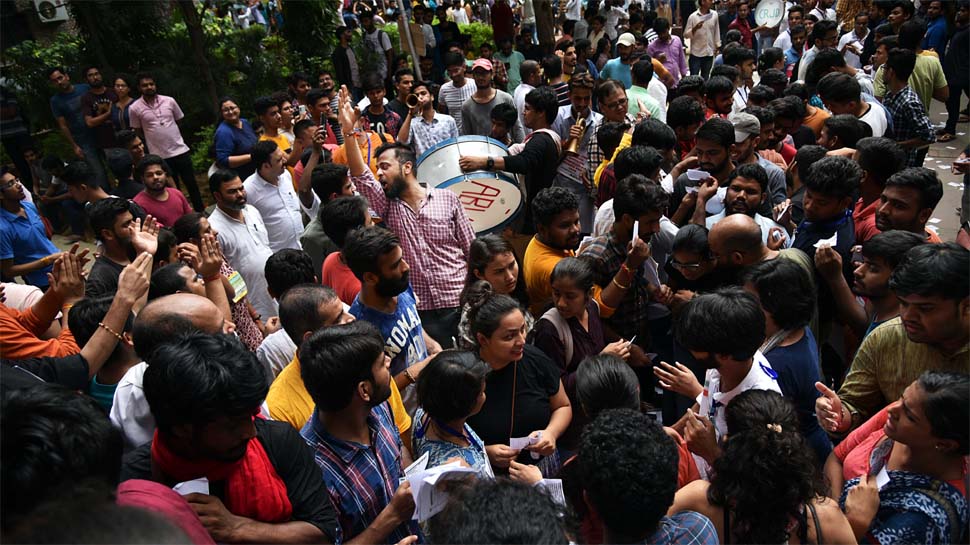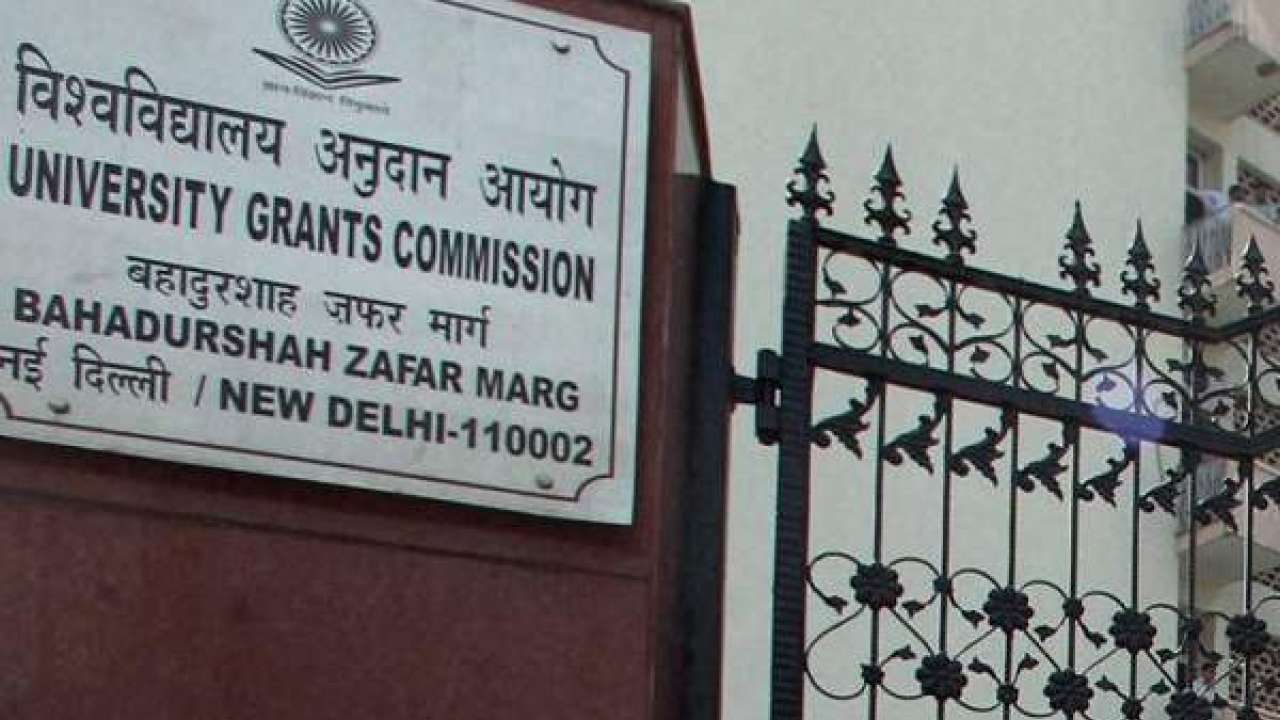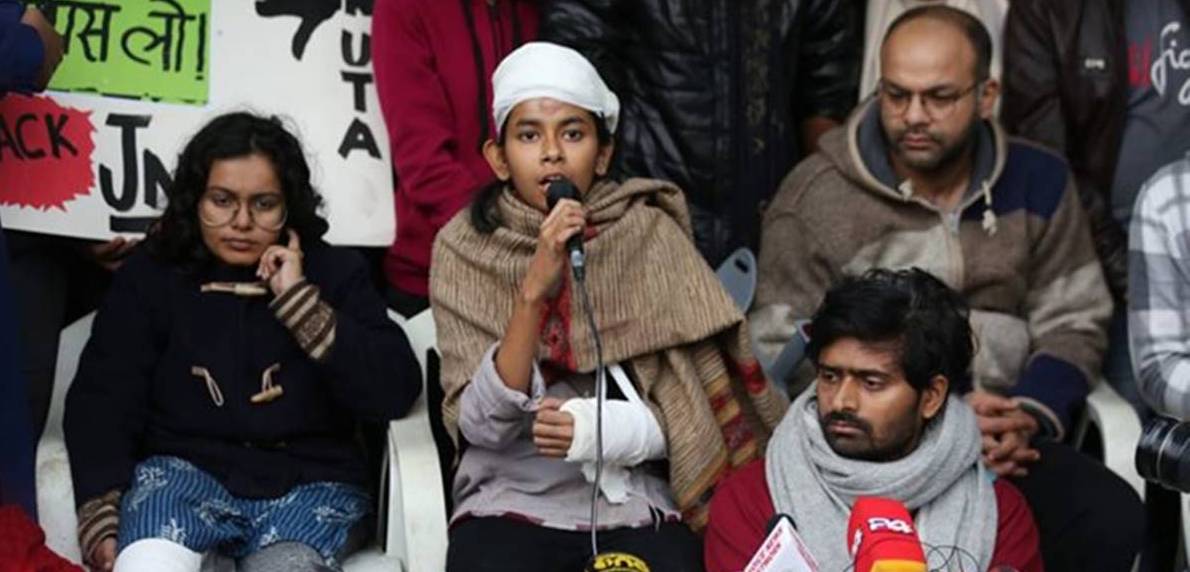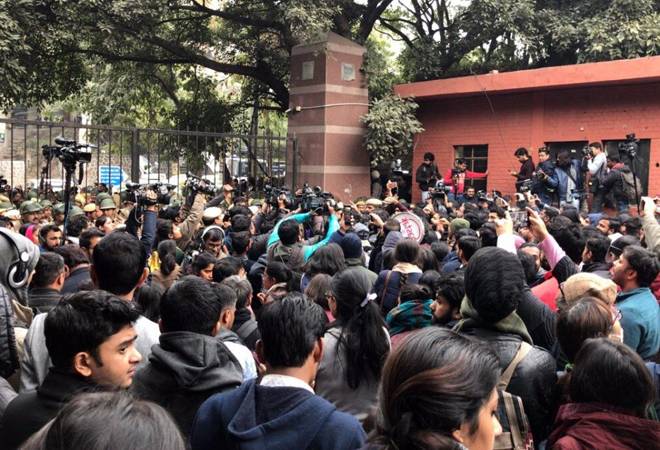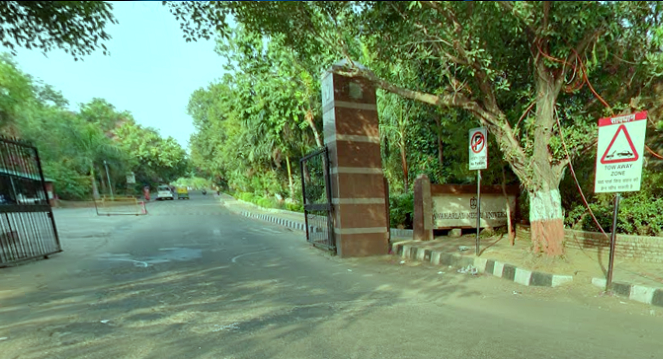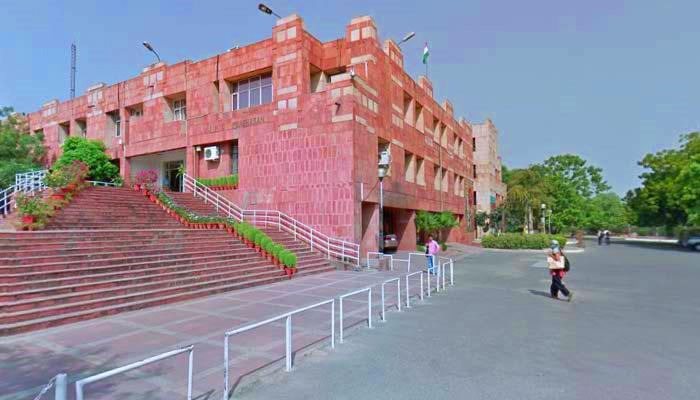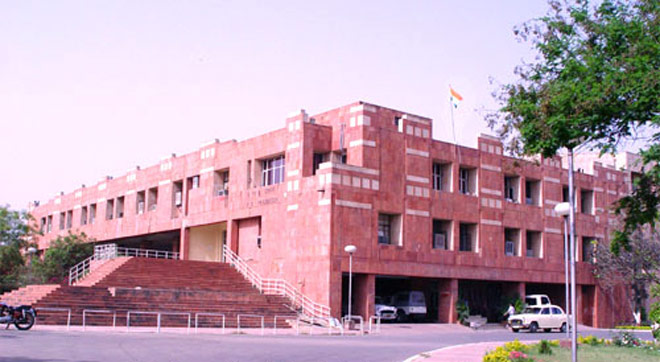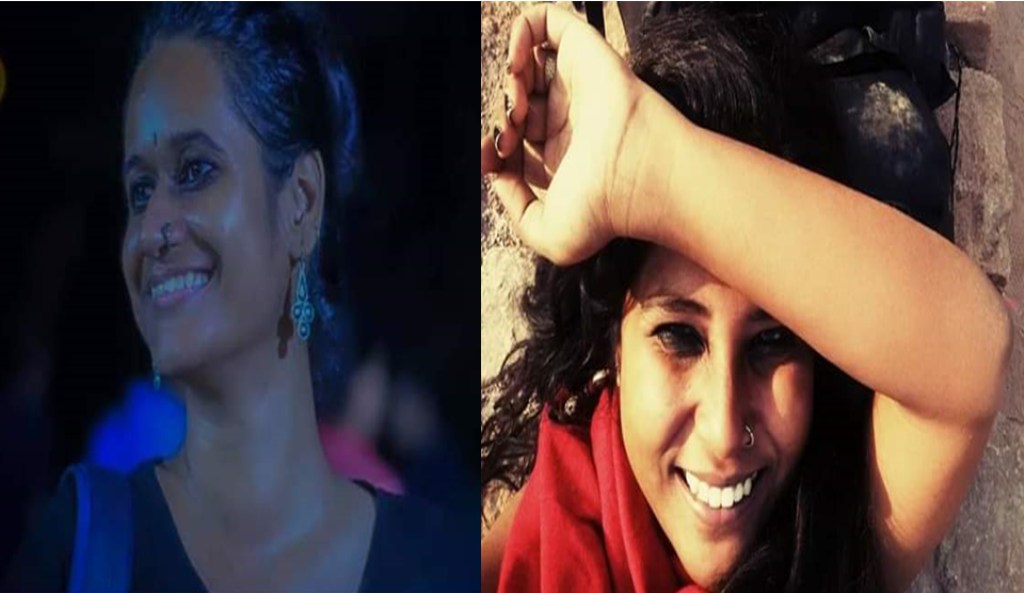The inevitable seems to have happened. The JNU administration has issued showcause notices to a group of students and union leaders for protesting against the new hostel manual (implying increased mess bill and hostel fee). Once again we notice the recurrence of the same story: the stubborn/adamant administration refusing to establish the channels of communication with the students. And what is really frightening is that this is not merely the JNU story; almost all leading public universities are experiencing the same politico-cultural turmoil emanating from this broken communication. Recently, as we know, Jamia Millia Islamia passed through terribly difficult times; and the behaviour of the administration, I am sorry to say, was far away from even the slightest trace of ethics. Discontented students, adamant/non-dialogic administration and negative vibrations all around: our universities are dying.
At times, I wonder whether the reason for this crisis is that pedagogues as communicators have been replaced by administrators driven by the intoxication of power and the iron laws of bureaucracy. It is in this context that I intend to raise some deeper issues affecting studentship and the functioning of our universities.
Eyes of Surveillance, Eyes of Empathy
The administrators who run our universities, it is becoming increasingly clear, are by no means sensitive pedagogues gifted with the power of empathy. Well, technically, they may be teachers/educationists with ‘foreign’ degrees, publications and awards; but, their behaviour does by no means suggest that they are creative pedagogues, philosophers or visionaries. See the way they look at students. Their gaze is that of surveillance; order, for them, is a product of harsh disciplinary practices to be induced by the administration, and its codified rules and circulars; critical voices, for them, is threatening, or a ‘law and order’ problem; and the culture of resistance and protest is nothing but a disruptive/deviant behaviour. Hence, students, they think, have to be perpetually controlled, disciplined and punished.
But then, great pedagogues look at young minds from a completely different perspective. Unlike the bunch of non-dialogic administrators, they trust the power of the art of listening and communication; surveillance is not their mantra because they believe that true discipline ought to emanate from the process of inner churning and self-realization; and they seek to understand and enter the inner world of young minds. It is not that as pedagogues, they would never find any problem with students; however, they would not rely on cops, security guards, bouncers and goons to ‘solve’ these problems; insted, they would debate, reflect and strive for the fusion of horizons. Whereas these days administrators understand only the language of showcause notices or even sedition charges, pedagogues would like to initiate a meaningful conversation with students on multiple issues disturbing and bothering them–say, caste and marginalization, academic pressure and resultant performance anxiety, gender and relationships, nation and identity , commodification of education and publc universities, and creative pursuits and job anxiety.
Here I would concentrate on two key issues to substantiate my arguments. First, think of the necessity of an affordable good public university. At a time when, because of the reckless process of marketization of education, private/fancy universities have emerged with exorbitant fee structure, there is a growing anxiety among students– particularly,those who belong to socially and economically underprivileged sections of society, and also those who come from modest middle class families–relating to the access to higher education. And hence, unless good public universities –affordable and academically excellent– are allowed to exist, education would continue to reproduce the existing caste/class hierarchies. No wonder, JNU students are restless; they are worried; and they are protesting because through a series of new measures, the administration is trying to increase hostel charges and other associated fees. In a move of this kind they smell the danger of ‘privatizing’ a public institution. If as an administrator, you see this protest as a disruptive/deviant behaviour, you are doing injustice to them. By issuing threatening circulars, showcause notices, or suspending students, you cannot solve the problem; and even if you succeed temporarily by generating fear, the anger or anguish remains. And it affects the entire culture of the university.
Second, think of the issues relating to the larger worldview. It is quite possible for young minds– with their inclination to the discourses of Gandhi and Tagore, or Marx and Ambedkar– to differ from the ‘official’ doctrine of nationalism. For instance, one might critique the might of majoritarianism; it is also possible to see the discontents of the alliance of Hindutva and neoliberal global capitalism; and if young minds are vibrant, reflexive and critical thinkers, it is quite natural that they would interrogate, deconstruct and strive for alternatives. Well, it is possible for one to disagree with these radical voices. But then, these are arguments, politico-philosophic assertions and worldviews, but by no means ‘anti-national’/’criminal’ acts. It is sad that the university administration–often backed by the dominant ideology of the Establishment–seeks to curb these voices, and destroy the idea of a university as a site of debate, dialogue and dissent. It further alienates young minds. In a way, it prepares the ground for violence: violence as a reaction to a system that refuses to listen. Imagine its devastating implications in the life of a university.
It is at this juncture that I strive for truly life-affirming pedagogues who can communicate with young minds with a cultivated art of listening, and see them as human possibilities–not criminals to be expelled or handed over to the cops.
Authenticity, Not Populism
Well, it is not easy to find good pedagogues amongst us. There are many reasons. To begin with, the administrators–generally politically appointed with ‘right’ connections and appropriate ‘networking’–do not want good pedagogues to exist. They want loyal conformists. They are not comfortable with those who think and feel differently. Furthermore, as teachers, we too need to look at ourselves. Yes, many of us feel that it is yet another job; we are just paid employees; we are ‘service providers’; we give ‘skills’, teach ‘academic disciplines’, take exams, evaluate students, supervise their dissertations, and write our research papers; and nothing exists beyond these ‘professional’ roles. Hence, we refuse to see ourselves as pedagogues, mentors, friends and co-travelers. The logic of ‘professional detachment’ and ‘value-neutrality’ negates the possibility of communion and warmth in our relationship with students. Furthermore, some of us also love the weapon of power–the power to ‘discipline’ students as hostel wardens, proctors and rectors. It is a tragic metamorphosis: an academic becomes a petty administrator. Hence, the prevalent environment at our universities cannot be said to be conducive to the growth of radical pedagogues.
It is equally important to realize that even if good pedagogues exist, they need not be seen as merely ‘popular’ among students. Yes, the trap of populism has to be avoided. Because a pedagogue should have the courage and authenticity to remind students of their own shortcomings also. No, it is not the question of being always ‘politically correct’. For instance, if in the name of ‘freedom’, students do not attend classes and escape from their academic assignments–and even if ‘Marxists’ or ‘Ambedkarites’ or ‘feminists’ indulge in this practice–a good teacher/pedagogue must remind them that it is not only the trivialization of freedom; it is also bad politics. As a teacher, I have no hesitation in saying that even at JNU, the phenomenon called the ’empty classroom’ is becoming the new normal. I often ask my students: if your freedom is not simultaneously your engaged responsibility, or if you do not participate voluntarily in the classroom discussion, how can you gain the moral strength to resist the oppressive practice of ‘mandatory attendance’? Likewise, students should not forget that they too have a sense of responsibility to a public university. For instance, not all students of JNU are necessarily poor or marginalized. There are students who have come from fairly affluent families, and costly private schools ; their modes of living are inseparable from the market-driven culture of consumerism, even if occasionally they speak of the ‘subaltern’. Do these students have a sense of gratitude when they find such affordable good quality education at a public university? And if they just stay at hostels (compare the JNU hostel expenses with what one paid as a LSR student when she stayed as a paying guest at Greater Kailash) , spend a huge amount of money for IAS coaching classes, and escape from their university work, they must be told that it is wrong–politically as well as ethically.
Yes, we need ethically empowered/politically sensitive students and courageous pedagogues to come together, and practise a nonviolent mode of resistance to save our universities from the manipulative strategy launched by the unholy alliance of stubborn administrators and totalitarian politics.

